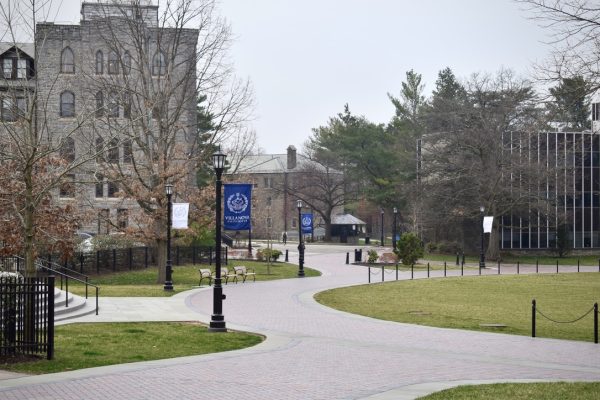COVID-19 Begins to Reshape How Americans View Healthcare
April 4, 2020
According to a recent Morning Consult poll, “Medicare-for-All,” a healthcare system championed by the likes of presidential candidates Bernie Sanders and Elizabeth Warren, is trending towards becoming the most popular healthcare system in the eyes of Americans. The poll showed that 55% of registered voters at least somewhat support universal healthcare, as opposed to only 35% that said they are somewhat against it. The net support (those who support minus those who oppose) of “Medicare-for-All” rose from 11 points in February to 20 points in March as the novel coronavirus outbreak began to impact communities around the nation.
The change in preference among Americans likely stems from a few different factors that have been highly visible since COVID-19 has spread throughout the country. The first is that each person’s health is dependent on others. The novel coronavirus spreads so quickly and easily from person to person that Americans have realized that their health is often dependent on another person’s health.
There is no amount of money or place you can live to escape the grasp of this virus. For example, someone making millions of dollars that can afford to stay isolated in his or her home for weeks could order a package from Amazon. This package would be delivered by a driver that makes $15/hour and could quite easily spread the virus to the millionaire. It would be in everyone’s best interest to make testing, treatments and hospitalization available at a low cost because we are all in this together. No person is safe, and that’s a scary thought for many Americans.
Secondly, the meteoric rise in unemployment claims means more and more Americans are being left uninsured. This one is a real heavy hitter – not only are many people left without health insurance, but they will also no longer have a steady income, all because of a virus they cannot control. There are ways to continue private health insurance for many people, but a fair amount of those people will be switching over to public health insurance – something that wouldn’t be necessary under a universal, government-funded health care system. This extra effort for those who lose coverage and then regain it and those who will end up not qualifying for government insurance could be making people reconsider their ideas about how healthcare should work.
The final reason that the country may be now favoring “Medicare-for-All” is the sheer cost of treatments and hospitalization for COVID-19 patients. Most costs range from $20,000 to $30,000 in total, though many patients that have coverage will only pay a small fraction of the cost. Even though most patients will only have to pay a small percentage of the costs, it will still cause significant financial hardships for many Americans.
According to a 2017 CareerBuilder survey that was featured on Forbes, about 78% of Americans live paycheck to paycheck. This factor, coupled with rising unemployment rates, means that there are going to be severe financial problems for those living paycheck to paycheck if they don’t receive government assistance. The possibility of losing one’s job and health insurance and then contracting COVID-19 would be a true nightmare scenario for Americans everywhere.
Regardless of what happens to our healthcare system in the coming years, it seems that many Americans believe the time is right to implement some sort of government-run healthcare system for this crisis. Democratic presidential candidate, former Vice President Joe Biden, has called for complete government funding of coronavirus treatment.
Congress has indicated that it will be looking into a fourth stimulus package to combat problems created by the pandemic. Numerous states have also inquired into making the vaccine free of charge, once there is one approved for widespread use. Once this outbreak settles down, it will be interesting to see if Americans continue to more heavily favor “Medicare-for-All.”







